Happy 82nd Birthday to Paul McCartney. The musician and composer renowned for his groundbreaking work with The Beatles has won 21 Grammy Awards and written, or co-written, 32 songs that have reached No.1 on the Billboard Charts. More than 2,200 artists have covered his song “Yesterday”, making it one of the most covered songs in popular music history. A staunch vegan and animal rights activist, McCartney still tours today. READ more about the famous man… (1942)
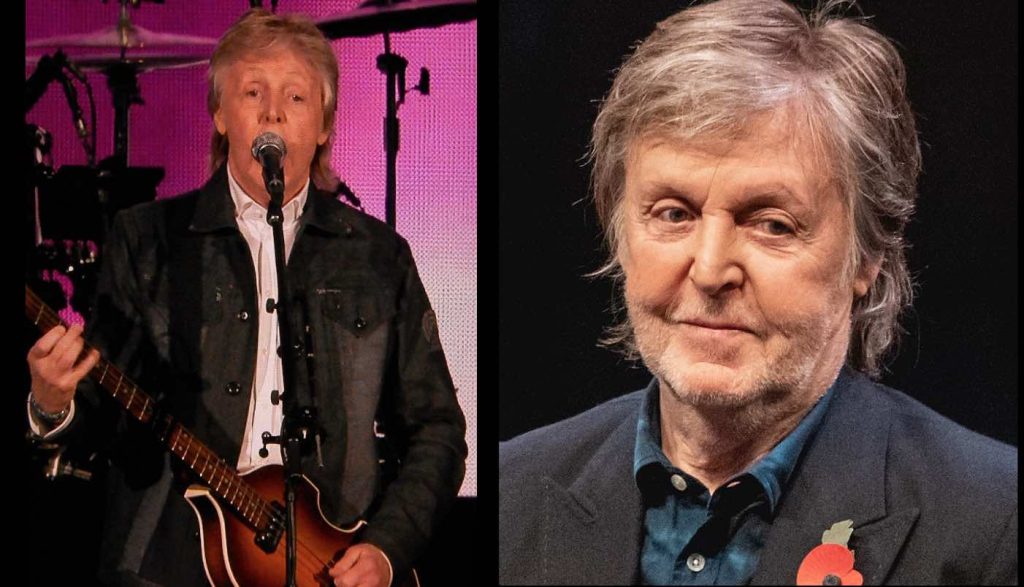
Paul isn’t actually his first name. It’s James. He was given the name James to avoid confusion with his father, who’s also called Paul.
After hearing a snarky critic remark that Mick Jagger’s singing was like “plastic soul,” he came up with the name for their next album, “Rubber Soul.”
He and his original drummer Pete Best were deported the first time they went touring in Germany for a very strange reason. On a very dark night, The Beatles were moving some things out of the house they were staying in, and without any other source of significant light, they decided to burn a Vaseline-covered condom as a sort of torch. Authorities claimed they were arsonists trying to burn the building down, though Paul pointed out it was made of brick.
Reportedly, McCartney only stopped smoking weed in 2015 at the age of 73, in order to be a good influence on his grandkids. (1942)
MORE Good News on this Day:
- Susan B. Anthony attempted to vote in the 1872 presidential election when women were still not allowed— but, was fined $100 (1873)
- The UN Commission on Human Rights adopted its International Declaration of Human Rights recognizing that “the inherent dignity and the equal and inalienable rights of all members of the human family is the foundation of freedom, justice and peace in the world.” (1948)
- Astronaut Sally Ride became the first American woman in space, joining Space Shuttle Challenger’s 2nd mission (1983)
101 years ago today, Checker Cab put its first taxi on the streets. Based in Chicago, The Checker, particularly the 1959 Checker sedans, became the most famous taxicab in the world, next to the London Taxi. Its renowned styling went largely unchanged from until the 80s. A local Russian-born American clothier and businessman, Morris Markin, who once was a penniless immigrant, had acquired the rights to the Checker auto manufacturing company. As the new operator, he adopted a business plan whereby taxi drivers were outfitted with uniforms and always opened doors for passengers.
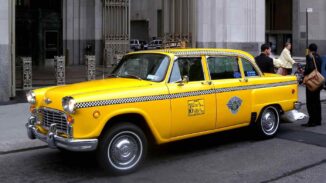
Checker, which corralled some rogue Chicago chauffeurs, became the first cab company to hire African-American drivers and the first to require that drivers pick up all fares, not just European-American ones. (1923)
And, on this day in 1948, the dream of a Columbia Records president to hear an entire symphonic movement on one side of an album came to life, as mass production began on the 33-rpm long-playing (LP) record.
Edward Wallerstein cajoled a team of a thousand men to manufacture the new disk, which could hold 23 minutes of music per side, instead of 3 minutes, like the standard records of the day that spun quickly at 78-rpm. The first LP manufactured was The Mendelssohn Violin Concerto in E minor played by Nathan Milstein with Bruno Walter conducting the Philharmonic Symphony Orchestra of New York.
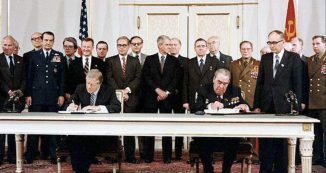
44 years ago today, SALT II was signed by US President Jimmy Carter and Soviet leader Leonid Brezhnev—the first arms-reduction treaty between the two superpowers. The Strategic Arms Limitation Talks agreement committing both sides to a limit of 2,400 missile launchers and banned new missile programs. Salt I signed by Nixon and Brezhnev in 1972 froze the deployment of land-based intercontinental ballistic missiles and banned the construction of any new submarine-based missiles. (1979)
And, 83 years ago today, Charles de Gaulle, galvanized the Free French Forces in one of the most important speeches of the 20th century. Known as L’Appel du 18 Juin (The Appeal of 18 June), it is often considered to be the origin of the French Resistance movement during the German occupation in World War II.
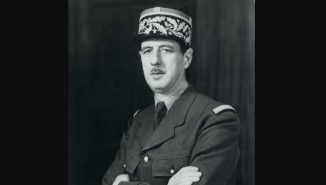
De Gaulle spoke to the French people from a BBC studio in London one day after the fall of France. He fled to England as his shattered government brokered an armistice deal with the advancing Nazis. He obtained special permission from Winston Churchill to broadcast a message to his countrymen—and in his speech, de Gaulle declared that the war for France was not over yet. He reminded the French people that the British Empire and the U.S. would support them militarily and economically, and it rallied the country in support of the Resistance.
“A great many Frenchmen refuse to accept either capitulation or slavery, for reasons which are called: honor, common sense, and the higher interests of the country. I say common sense, for it is absurd to consider the struggle as lost.
I call upon all French servicemen of the land, sea, and air forces; I call upon French engineers and skilled armaments workers who are on British soil, or have the means of getting here, to come and join me. I call upon all Frenchmen who want to remain free to listen to my voice and follow me.
Whatever happens, the flame of French resistance must not be extinguished and will not be extinguished,” concluded de Gaulle. “Long live free France in honor and independence!” WATCH the newsreel footage… (1940)
SHARE the Milestones, Memories, and Music…





















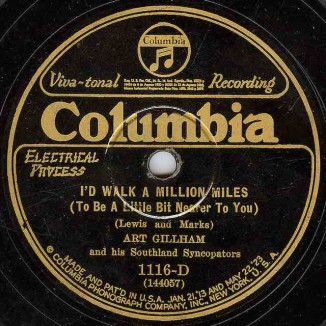
[…] post Good News in History, June 18 appeared first on Good News […]
[…] post Good News in History, June 18 appeared first on Good News […]
[…] Posted From: https://www.goodnewsnetwork.org/events060618/ […]